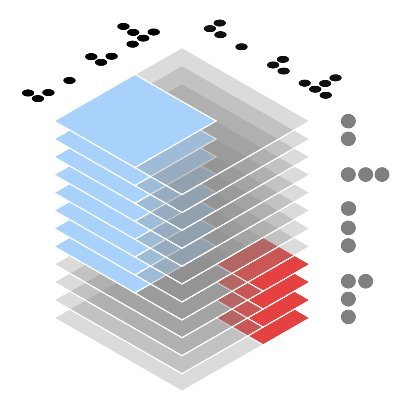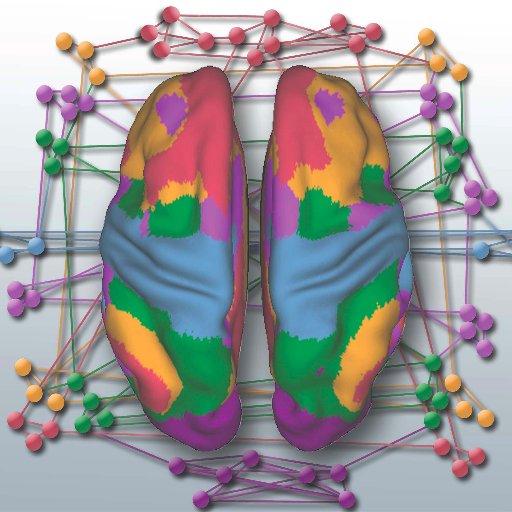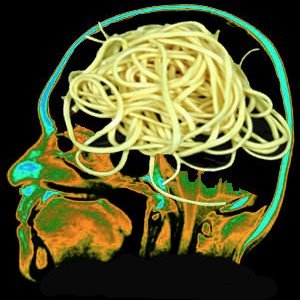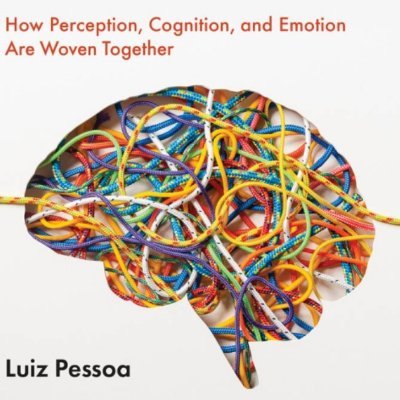
Alexander Huth
@alex_ander
Interested in how & what the brain computes. Professor of Stats & Neuro UC Berkeley. Married to the incredible @Libertysays. he/him
You might like
Our "mind captioning" paper is now published in @ScienceAdvances. The method generates descriptive text of what we perceive and recall from brain activity — a linguistic interpretation of nonverbal mental content rather than language decoding. doi.org/10.1126/sciadv…
Our new paper is on bioRxiv. We present a novel generative decoding method, called Mind Captioning, and demonstrate the generation of descriptive text of viewed and imagined content from human brain activity. The video shows text generated for viewed content during optimization.
Oops—to be clear this data is @zaidzada_'s wonderful Podcast ECoG dataset, not new ECoG data! Thanks to those authors for releasing this great corpus @samnastase @HassonLab
Finally, we tested whether the same interpretable embeddings could also be used to model ECoG data from Nima Mesgarani's lab. Despite the fact that our features are less well-localized in time than LLM embeddings, this still works quite well!

In our new paper, we explore how we can build encoding models that are both powerful and understandable. Our model uses an LLM to answer 35 questions about a sentence's content. The answers linearly contribute to our prediction of how the brain will respond to that sentence. 1/6
New paper: Ask 35 simple questions about sentences in a story and use the answers to predict brain responses. Interpretable. Compact. Surprisingly high performance in both fMRI and ECoG. biorxiv.org/content/10.110…

United States Trends
- 1. TOP CALL 3,630 posts
- 2. #BaddiesUSA 64.3K posts
- 3. #centralwOrldXmasXFreenBecky 447K posts
- 4. SAROCHA REBECCA DISNEY AT CTW 466K posts
- 5. AI Alert 1,222 posts
- 6. Rams 29.9K posts
- 7. #LingOrmDiorAmbassador 236K posts
- 8. #LAShortnSweet 23.5K posts
- 9. Market Focus 2,475 posts
- 10. Check Analyze N/A
- 11. Token Signal 1,653 posts
- 12. Scotty 10.4K posts
- 13. Vin Diesel 1,521 posts
- 14. #MondayMotivation 6,427 posts
- 15. Chip Kelly 9,040 posts
- 16. Ahna 7,707 posts
- 17. sabrina 65.2K posts
- 18. Raiders 68.3K posts
- 19. DOGE 177K posts
- 20. Stacey 24.2K posts
You might like
-
 Michael W. Cole
Michael W. Cole
@TheColeLab -
 Bradley Love
Bradley Love
@ProfData -
 Ev (like in 'evidence', not Eve) Fedorenko 🇺🇦
Ev (like in 'evidence', not Eve) Fedorenko 🇺🇦
@ev_fedorenko -
 Peter Bandettini
Peter Bandettini
@fMRI_today -
 Dani S. Bassett
Dani S. Bassett
@DaniSBassett -
 Nikolaus Kriegeskorte
Nikolaus Kriegeskorte
@KriegeskorteLab -
 Nicole C Rust, PhD
Nicole C Rust, PhD
@NicoleCRust -
 Sam Nastase
Sam Nastase
@samnastase -
 Thomas Yeo
Thomas Yeo
@bttyeo -
 talia konkle
talia konkle
@talia_konkle -
 Martin Hebart
Martin Hebart
@martin_hebart -
 Jonathan Pillow
Jonathan Pillow
@jpillowtime -
 Jean-Rémi King
Jean-Rémi King
@JeanRemiKing -
 David Poeppel
David Poeppel
@davidpoeppel -
 summerfieldlab @summerfieldlab.bsky.social
summerfieldlab @summerfieldlab.bsky.social
@summerfieldlab
Something went wrong.
Something went wrong.







































































































































